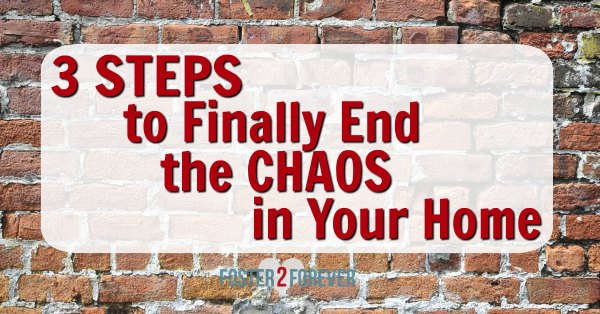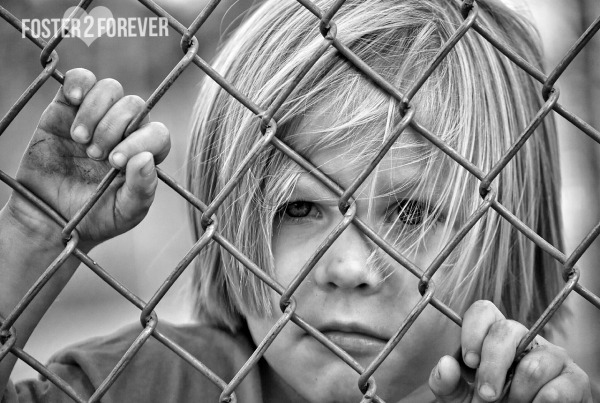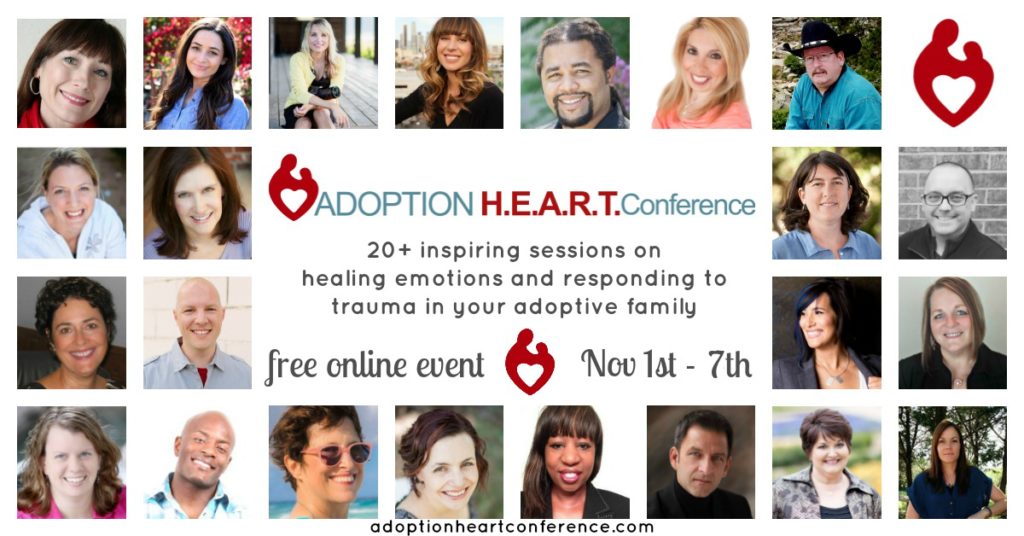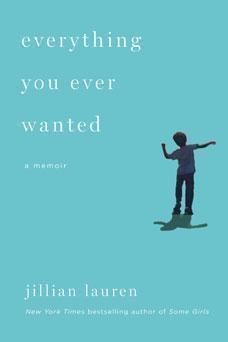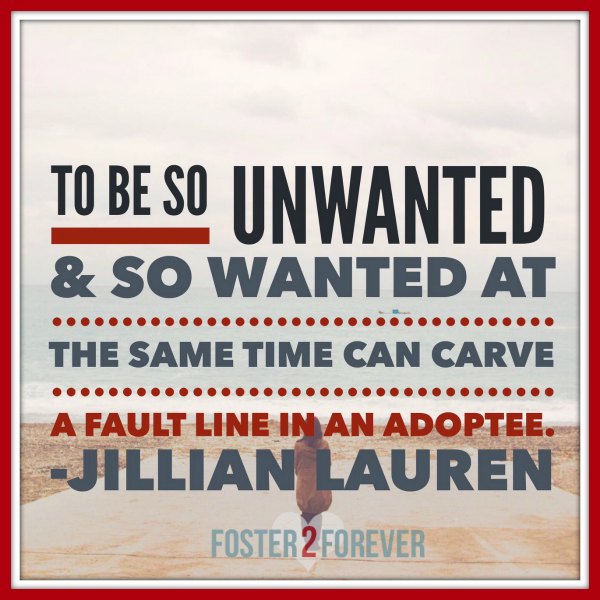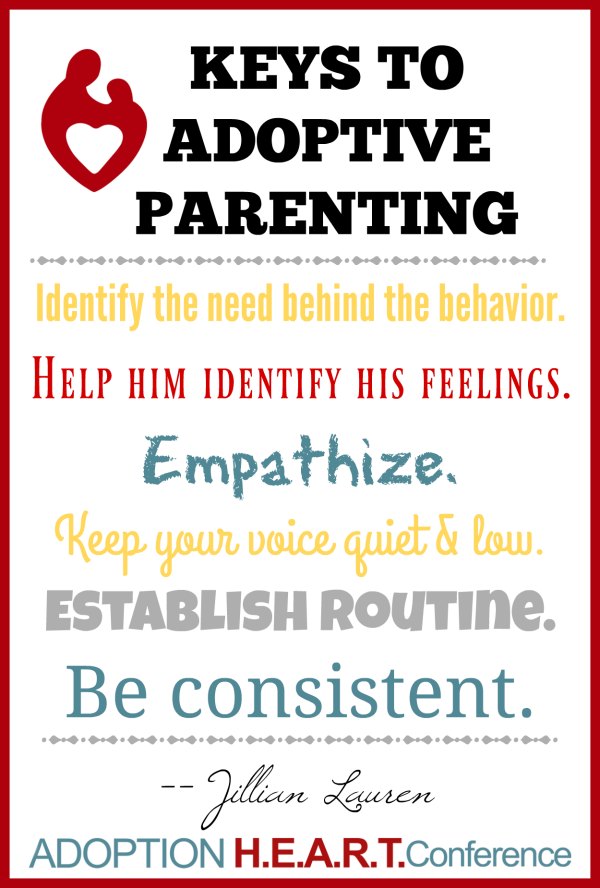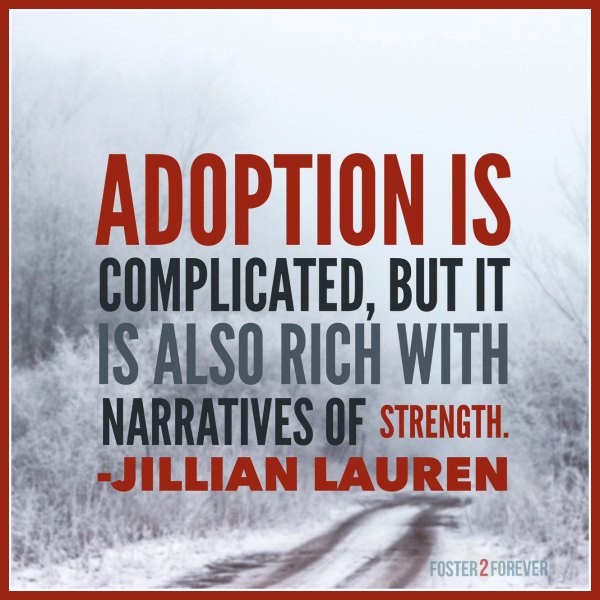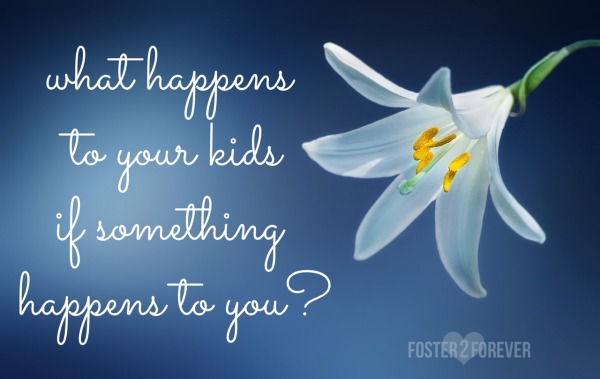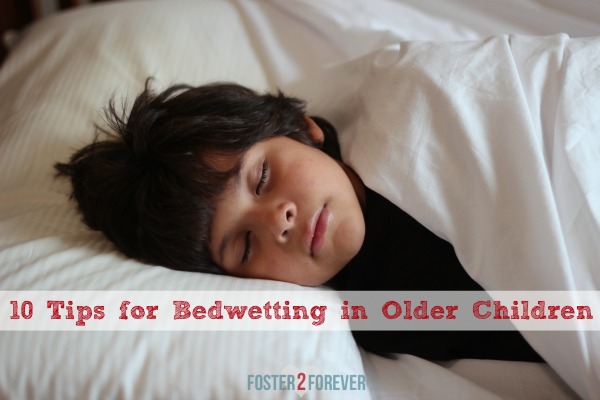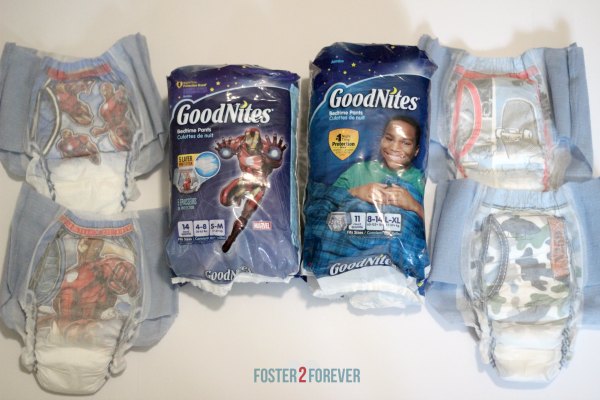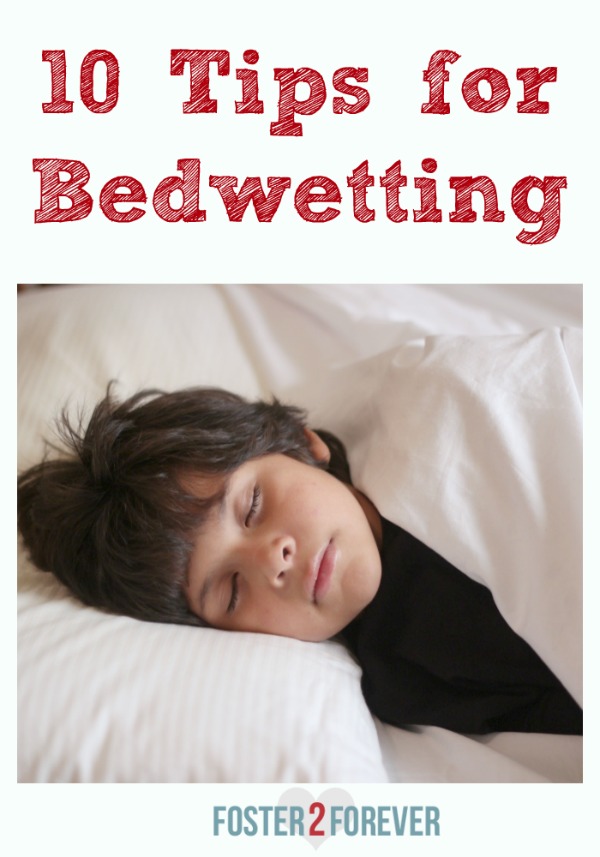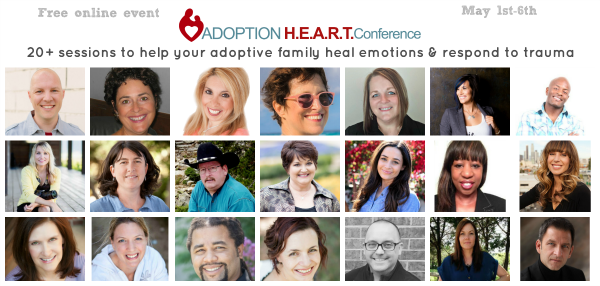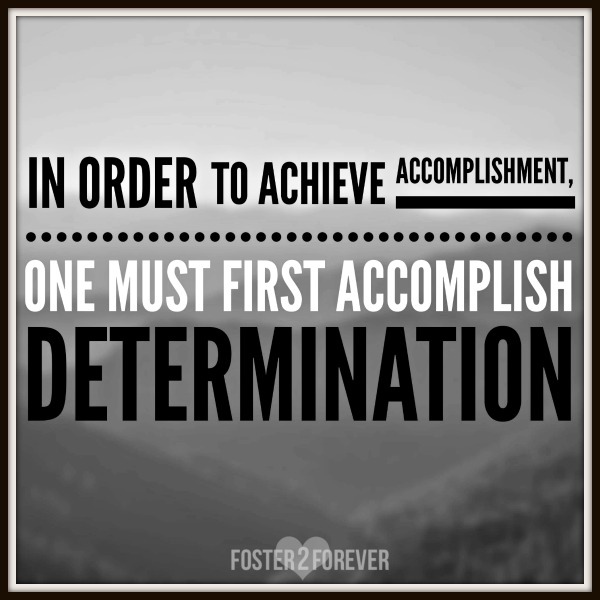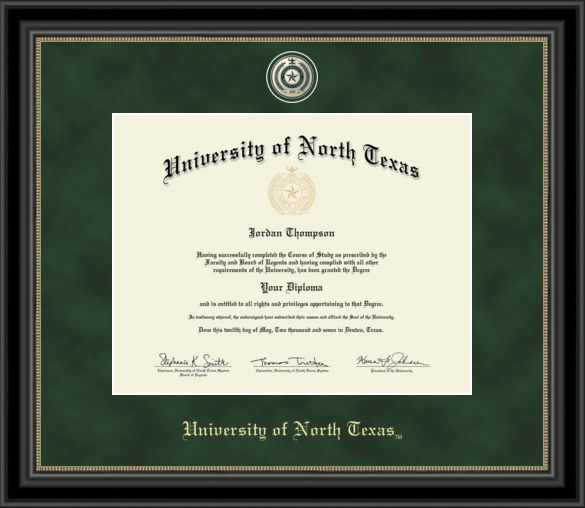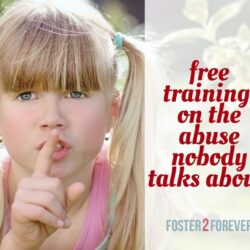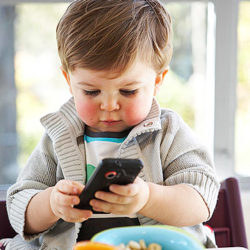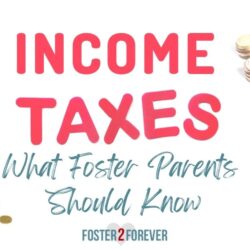As 20+ kids came in and out of my home through my years as foster parent, I thought that the strife of parenting traumatized children was simply part of the journey — what you signed up for, per se. I knew of many other foster parents that also lived in chaos as they agonized over difficult behaviors, just as I had with my own attachment-challenged forever child. I’ve read dozens of books and attended numerous trauma classes and adoption conferences, to seek out the answers to parenting trauma.
Would we ever have a peaceful home? I was losing hope.
But then recently, I somehow found Dr. Laura Markham’s book, Peaceful Parent Happy Kids, and I have to say, I’m learning so much more about parenting with connection than ever before! Even as helpful as The Connected Child has been for parenting adopted children with its focus on connection, I felt it was a bit disjointed, and although full of tips for parenting traumatized children, it didn’t give me the sequential steps or a roadmap for connection. I still struggled with remaining calm during the most difficult times.
Peaceful Parent Happy Kids gives an easy-to-follow sequential roadmap for connection.
Peaceful Parent Happy Kids is broken down into three parts. The first, all-important step in parenting with connection begins with YOU, the parent.
Step One: Regulate Yourself
REGULATING YOURSELF is the foundation for staying calm when your child misbehaves. Now, as parents, we all have had to deal with irritating things that our child does. But it all comes down to IF we can stay calm. Every expert says that a parent has to stay calm, but how can you do that if your child just marked up the wall and himself with a Sharpie? Or is throwing a tantrum at the store? Or just hit another child at the playground?
Peaceful Parent Happy Kids delves deep into the parental psyche about why we get angry when our child misbehaves. Our #1 priority as parents is to examine our own emotional state before we get upset with our children. The truth is, when we are stressed out, we resort to how our parents reacted when we were kids, which could be vastly different than how our hurt children should be parented. As parents, we have to come to terms to how we were raised and rewrite our childhood hurts. But also, a self-care practice is a key element too.
Step Two: Connect with Your Child
EMOTIONAL CONNECTION can actually help grow your child’s brain. Peaceful Parent Happy Kids breaks down the implications of how connection and separation affect the brains and emotional development of babies, toddlers, preschoolers and elementary-age children. The key to connecting with your child is to make them feel safe. Behavior problems are caused by FEAR. As parents, our goal is to give our children a safe place to release that fear WITH US through connection. “Defiance isn’t a discipline problem; it’s a relationship problem.” Parents can build connection through habits that focus on the relationship with your children.
Step Three: Coach Your Child, Don’t Try to Control Your Child
Finally through COACHING, NOT CONTROLLING, a parent can guide a child into better behavior by helping the child learn self-soothing, unconditional love, empathy, and emotional self-regulation. Peaceful Parent Happy Kids covers a multitude about emotions and behavior, and specifically addresses your child’s emotions, such as anger, meltdowns, and other difficult behaviors, including sibling conflict.
I believe Peaceful Parent Happy Kids should be required reading for all foster and adoptive parents. It is that amazing and life-changing! Dr. Markham has totally changed the way I look at parenting my traumatized child!

